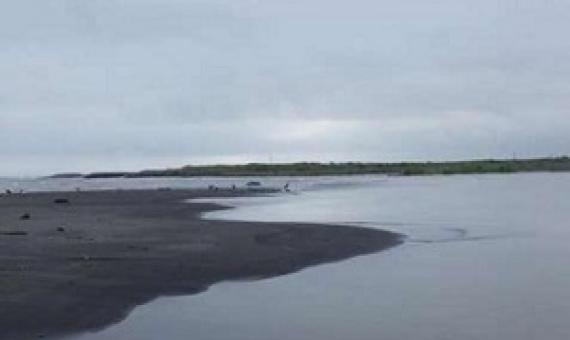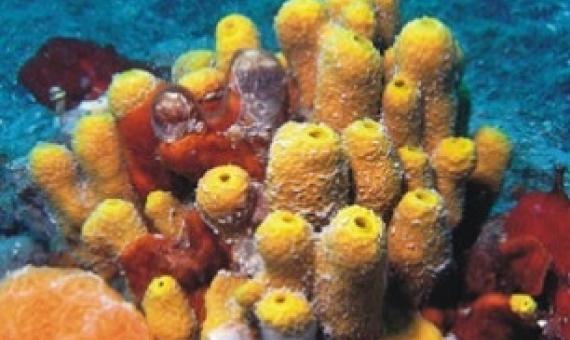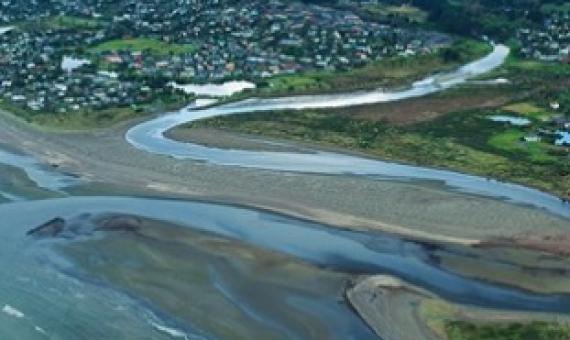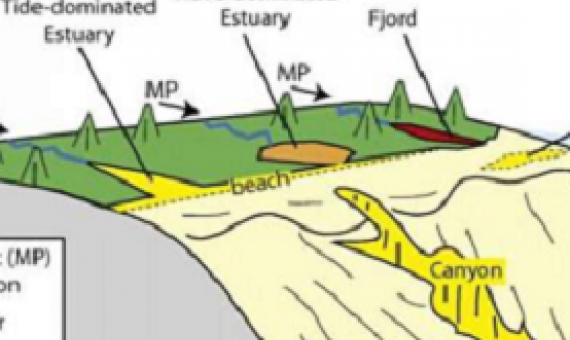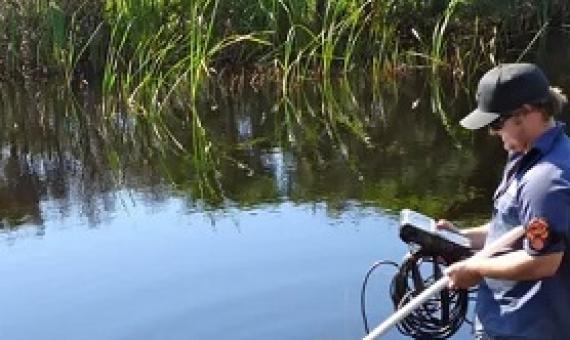A team of scientists from Japan determined that the amount of forest and farmland surrounding rivers as they flow into the open sea impacts the number of threatened fish species in Japan's estuaries.
Coastal ecosystems worldwide support an estimated 80% of the global annual fish catch and provide an estimated US$12 trillion in socio-economic benefits known as “ecosystem services,” so it’s vital to understand how their characteristics influence how they are changing.
Estuaries are stuck in a "complicated jigsaw" of overlapping management and ever-changing policies and it is impacting the environment, a report by the Parliamentary Commissioner for the Environment shows. Commissioner Simon Upton said these critically important ecosystems should be treated
Microplastic pollution in marine environments is concentrated most highly in coastal habitats, especially fjords and estuaries, according to a new review article published in the journal Marine Pollution Bulletin.
Water in estuaries along 1,100km of Australia’s south-east coast warmed by more than 2C between 2007 and 2019, a new study finds.The rapid change could have negative effects on fisheries and aquaculture, as well as impact coastal vegetation such as mangroves, scientists behind the study said.&nbs

